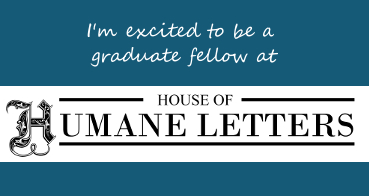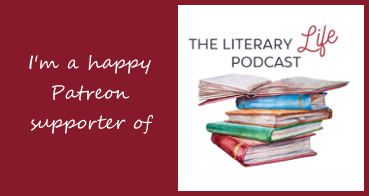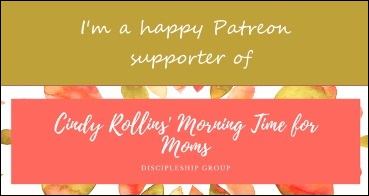John, one of the apostles of Jesus, tells of a time when Jesus was in Jerusalem and passed by a pool where many disabled people waited for healing. Jesus says to a guy that he learns has been in this condition for a long time, “Do you want to get well?” Most modern versions of John’s story translate the question that way, but the King James version has: “Wilt thou be made whole?”, which I find closer to the strength of what I think Jesus is really asking the man.
Principle 17 of Charlotte Mason’s 20 Principles begins: “Children should be taught to distinguish between ‘I want’ and ‘I will'”, and she goes on to elaborate on The Way of the Will. When Charlotte speaks of ‘the strong-willed child’, she does not mean it at all in our modern use of the phrase — no, quite the opposite. And this Will is something that must be trained, and this training of the Will is well described in Charlotte’s writings.
There are all kinds of things that we want or wish for, but the proof is in our thelō (the Greek verb that John quotes Jesus saying). That word can be defined as: to be resolved or determined, to purpose. A truly strong Will does not happen overnight. The training of the Will can be strenuous and often needs a rest or diversion, and then it is ready to be at work again. Alongside the training of the Will is the training of the Conscience so that the Will is directed in the right direction.
I hear many things from friends about wanting this or that — to be a better mother, to be a better teacher, to be a better friend, to be more organized, to eat better, exercise more, be kinder, more patient, more confident, more at peace —- and the question is, “Wilt thou?”
The Way of the Will is a hard road — perhaps not for long, though. The more we train and practice, the lighter the load it is to Do when we ought and to say No when we ought. It really is foundational for the education of and living out this Life to the fullest.
To learn more about The Way of the Will, I suggest the writings of Charlotte Mason, as well as books by Karen Glass and Anne White, including the following: Ideas Freely Sown, Minds More Awake, In Vital Harmony.






